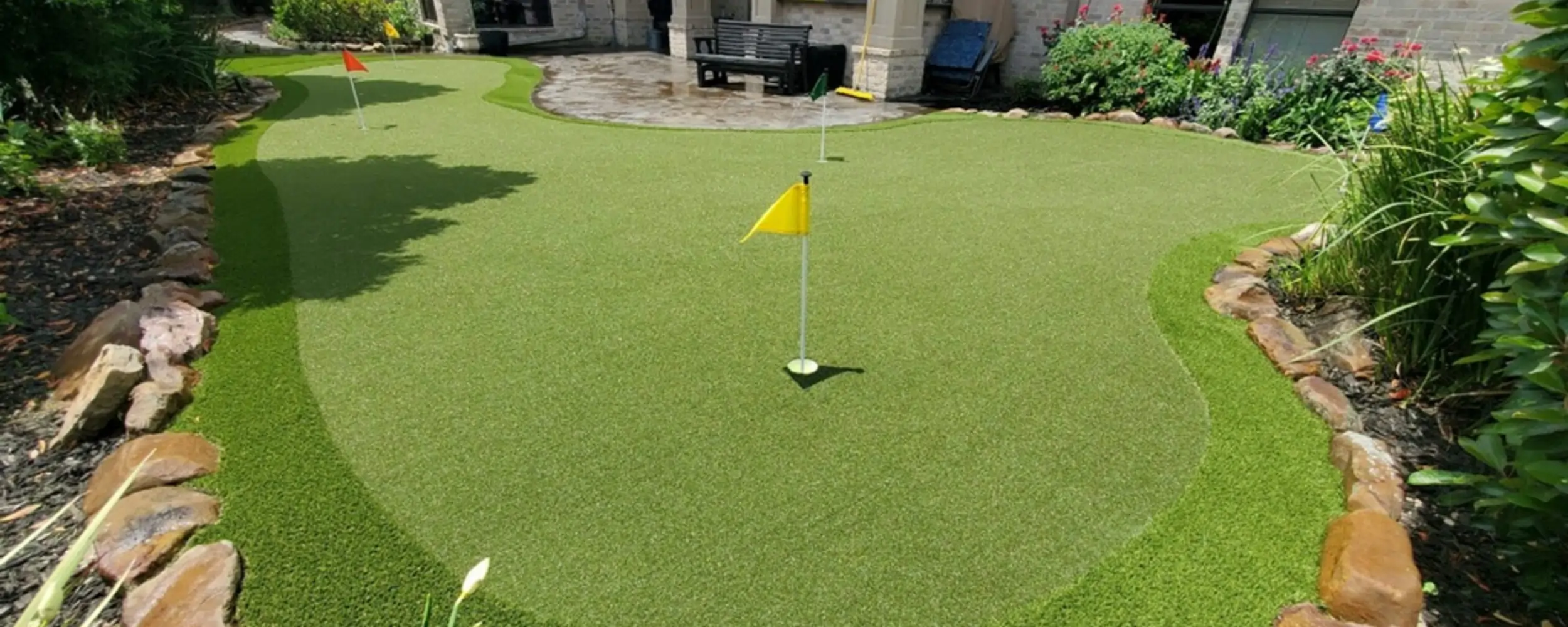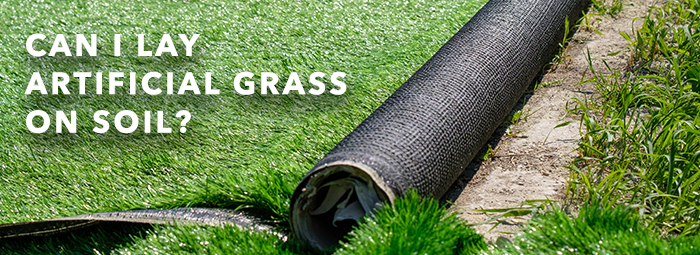Leading Reasons to Think About Artificial Turf for a Low-Maintenance and rich Lawn
As homeowners significantly look for lasting options for outside rooms, synthetic yard offers an appealing alternative to traditional yards. The benefits prolong past plain aesthetics and sustainability; checking out the multifaceted implications of fabricated turf exposes a comprehensive strategy to yard monitoring that benefits much deeper consideration.
Year-Round Plant
Among one of the most considerable advantages of synthetic grass is its capacity to offer year-round greenery, no matter environment conditions. Home owners frequently encounter difficulties in keeping a lively grass as a result of seasonal adjustments, droughts, or hefty rainfall. Fabricated turf eliminates these issues, making sure a constantly lush look throughout the year.
This synthetic alternative is crafted to hold up against different weather circumstances, from burning summertime warm to freezing winter temperature levels. Unlike all-natural lawn, which might brown or come to be irregular throughout severe problems, synthetic lawn maintains its lively shade and appearance, enhancing the aesthetic allure of any kind of landscape.
In addition, man-made turf is resistant to parasites and conditions that generally influence natural yards. This durability adds to its enduring appeal, as there is no demand for chemical treatments or plant foods that can be hazardous to the environment. Additionally, property owners can take pleasure in the visual benefits of a well-maintained grass without the cyclical obstacles postured by natural yard care (artificial grass canoga park).
Lowered Maintenance Efforts
Man-made lawn considerably minimizes maintenance initiatives, enabling property owners to appreciate a beautiful lawn without the taxing tasks connected with natural yard treatment. Among one of the most significant benefits of synthetic lawn is the removal of routine mowing. With no demand for a lawnmower, homeowners conserve both time and the expense of upkeep linked with this devices.

Cleansing fabricated lawn is straightforward; a basic rinse with a tube or the occasional brushing to eliminate debris is normally adequate - turf installation. This ease of care permits home owners to invest even more time appreciating their exterior areas instead of struggling over them. In recap, the reduced maintenance efforts connected with fabricated turf make it an attractive choice for those looking for a stunning, convenient lawn
Water Preservation Benefits
The significant decrease in upkeep initiatives connected with synthetic lawn includes water preservation, making it an eco-friendly choice for home owners. Standard yards need considerable amounts of water to continue to be lavish and vibrant, often resulting in too much water usage, specifically in arid regions. In contrast, fabricated turf eliminates the demand for regular watering, considerably lowering the total water intake in your yard.
By choosing for synthetic lawn, house owners can preserve thousands of go to these guys gallons of water yearly. This change not just advantages individual families however additionally adds to broader ecological initiatives intended at lowering water waste. In areas experiencing water deficiency, the fostering of fabricated yard can play a substantial function in alleviating the impacts of dry spell and ensuring that useful water resources are utilized more effectively.
Furthermore, the setup of artificial turf can help reduced municipal water demand, profiting the neighborhood in its entirety. With expanding understanding of environmental problems, selecting man-made grass acts as an aggressive step in the direction of lasting landscaping, aiding to maintain natural water resources while keeping a visually pleasing outdoor space (turf installation). In recap, man-made this yard provides a compelling option for water preservation, aligning environmental responsibility with modern-day landscape design demands

Insect and Allergic Reaction Decrease
A considerable benefit of setting up synthetic grass is its ability to reduce insects and irritants in exterior rooms. Traditional turf yards typically function as breeding grounds for insects such as insects, ticks, and ants, which can produce pain and wellness risks for animals and families. On the other hand, fabricated grass removes the organic material that draws in these pests, thus significantly lowering their populaces in your yard.
Moreover, natural lawn can harbor mold and mildew, plant pollen, and various other irritants, which can activate allergic reactions and respiratory problems for sensitive people. Artificial lawn gives a cleaner setting, lowering the possibility for allergenic reactions. Unlike natural grass, man-made turf does not produce plant pollen, making it an outstanding option for allergy sufferers seeking to enjoy their outside spaces without the threat of flare-ups.
Additionally, the absence of dirt in fabricated turf suggests there is less dust and dirt, additional reducing airborne irritants. This low-maintenance option not just enhances the visual appeal of your lawn yet additionally advertises a much healthier outside atmosphere, permitting households to appreciate their yards without the constant fear of bugs and allergens. Hence, artificial lawn is a tactical option for those focusing on comfort and wellness in their exterior home.
Long-Term Cost Financial Savings
Buying artificial turf can lead to substantial long-lasting expense financial savings for house owners. While the initial financial investment might seem substantial, the monetary advantages with time can be considerable. Synthetic grass eliminates the requirement for routine lawn upkeep costs, such Find Out More as mowing, fertilizing, and watering. Traditional lawns frequently call for substantial resources to keep a lavish look, specifically in locations susceptible to dry spell or extreme climate condition.
Additionally, the longevity of synthetic grass additionally boosts its cost-effectiveness. Many high-grade man-made yard items can last 15 to 25 years with marginal upkeep, lowering the requirement for replacement or comprehensive repair services. On the other hand, all-natural grass may call for constant reseeding and routine care, which can promptly accumulate in prices.
Utility financial savings are an additional crucial aspect. Property owners can expect to see reduced water bills, as synthetic grass does not require watering. In addition, the reduction in lawn treatment services can maximize useful time and resources, enabling homeowners to designate their spending plans somewhere else.
Final Thought
In summary, artificial turf provides numerous benefits for house owners seeking a low-maintenance and dynamic landscape. Ultimately, the long-lasting expense savings linked with fabricated grass strengthen its condition as a functional and lasting option for improving outdoor areas.
Artificial yard substantially lowers upkeep initiatives, permitting property owners to delight in a pristine grass without the lengthy jobs linked with all-natural lawn care.The significant decrease in upkeep initiatives connected with fabricated lawn extends to water conservation, making it an ecologically pleasant choice for home owners. In contrast, man-made lawn removes the need for routine watering, dramatically lowering the general water intake in your yard.
In locations experiencing water deficiency, the adoption of artificial lawn can play a substantial duty in minimizing the effects of drought and ensuring that beneficial water resources are utilized a lot more efficiently.
With expanding understanding of environmental concerns, selecting man-made lawn offers as an aggressive action in the direction of sustainable landscape design, assisting to protect natural water resources while maintaining an aesthetically pleasing outside area.